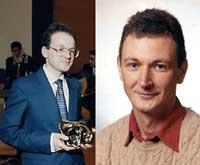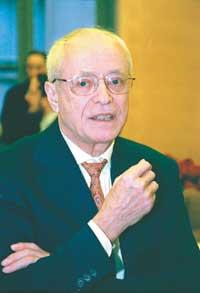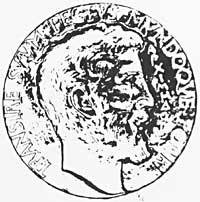Fields Awards 2002
2002/08/21 Roa Zubia, Guillermo - Elhuyar Zientzia

In 1999, the Frenchman Laurent Lafforgue solved a 33-year-old mathematical problem: The English Robert Langlands proposed that the algebra of mathematics (representation of Galois) and analysis (automorphic forms) have much to do. Fermat's last theorem can be considered a particular case in this area. Lafforgue clarified the relationship between the two, taking a great step towards unifying the theory of mathematics. He has now been awarded the Fields Prize awarded every four years.
The second winner, American Vladimir Voevodsky, has also developed a theory that combines two fields of mathematics. He has 'united' algebraic geometry and algebraic topology, so he has received this year's Fields award.
The Fields Prize is considered a substitute for the Nobel Prize in the field of mathematics, but it is aimed at young people under forty. Therefore, Andrew J. The British Wiles could not receive the prize, since by the time he finished demonstrating the last theorem of Ferma he was forty years and months old.

Gai honi buruzko eduki gehiago
Elhuyarrek garatutako teknologia





